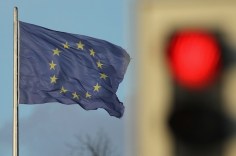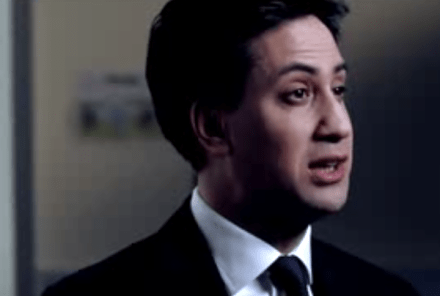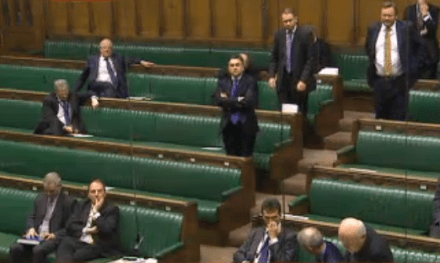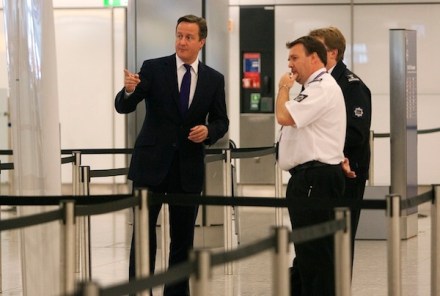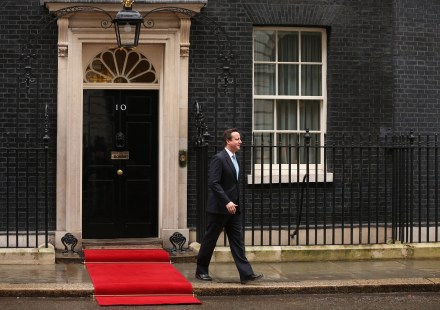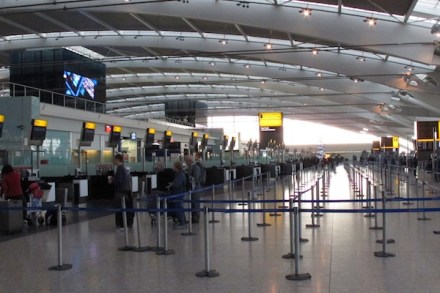Letters | 7 March 2013
Gove’s history lessons Sir: ‘The idea that there is a canonical body of knowledge that must be mastered,’ says Professor Jackie Eales, ‘but not questioned, is inconsistent with high standards of education in any age.’ This is not true. Primary education is, or should be, all about just such a body of knowledge. This gives children a foundation of fact, preferably facts learnt by heart. Without it, they cannot begin to reason, and develop valid ideas, in the secondary stage. It may be a tight squeeze to get them through English history up to 1700 by the age of 11, but it is better than not covering the ground at



